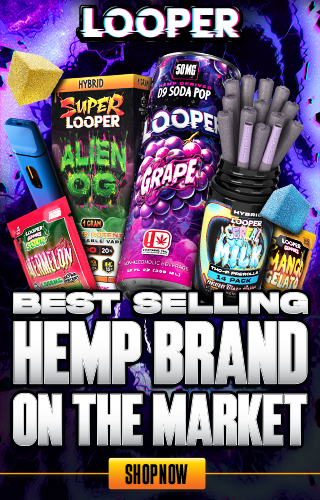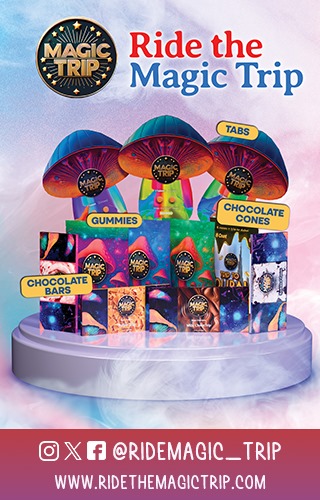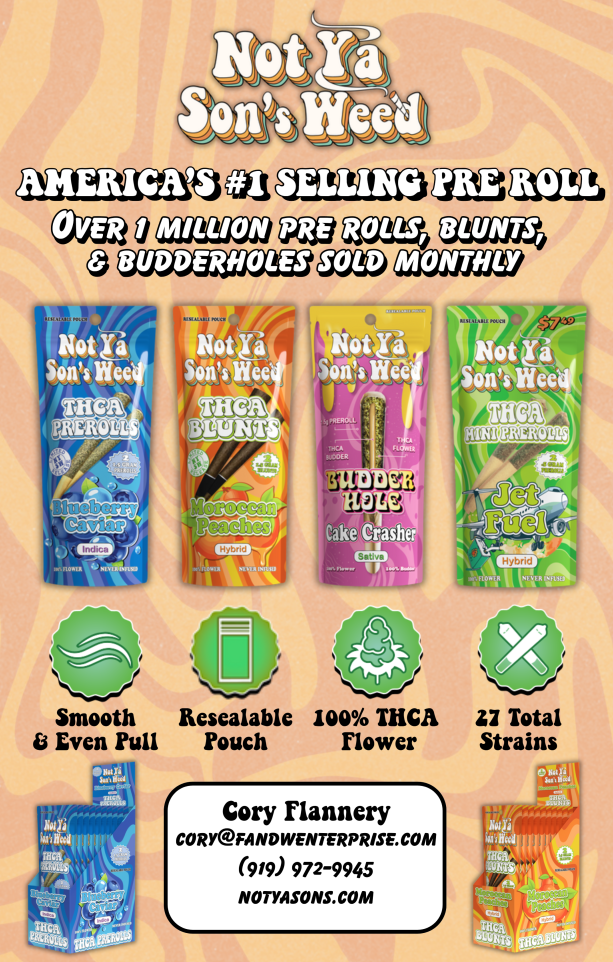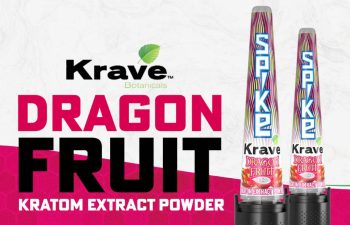Alright, let’s get one thing clear: I know what you’re thinking when you hear the “C word.” But don’t worry, it’s not what you’re imagining. The C word I’m talking about is Consignment—every brand’s nightmare and every distributor’s best friend. And yes, I’m a fan of it! So, what’s the deal with Consignment, exactly?
To break it down, Consignment is essentially a situation where a brand gives someone—like a distributor—permission to sell their products, but the brand still owns the goods until they’re sold to the end customer. It’s like saying, “Here, take my stuff and sell it for me, but I still technically own it until it’s gone.” The distributor takes care of the product, and the brand gets paid once it moves off the shelf.
Personally, I like to think of Consignment as the ultimate “no strings attached” deal. If the product sells, great—everyone’s happy! But if it doesn’t, guess what? You’ve got nothing to lose. That’s where the beauty of Consignment lies. It takes the pressure off you because you don’t have to worry about getting stuck with products that just aren’t moving. Of course, You’ll have to push the product as hard as you can, but if it doesn’t sell, well, it is what it is.
Now, let’s talk about the terms of Consignment. This is where things can get interesting because it’s ultimately up to the brand to decide. Some brands prefer to do net 20 or net 30 deals—meaning the distributor pays after 20 or 30 days, regardless of whether the product has sold or not. But then, there’s the sweet spot: pay as you sell. That’s my favorite. It’s the golden ticket because I’m only paying for the products that actually move. Pretty smart, right? Sadly, not every brand is willing to go this route. It’s mostly smaller brands that need a little push and are open to consignment because they can’t afford to just give their products away upfront. But when they’re willing to take that risk, it’s a win-win.
Another reason why Consignment is clever is that it lets you test the waters. When you bring a new product on Consignment, you get a pretty good idea of how well it will perform in the long term. You push it, see how it sells, and start to get a feel for whether it’s a good fit for your audience. Once you know the product is moving and trust has built up between you and the brand, it’s easy to transition out of Consignment and into a pay-upfront process.
At that point, you’ve built a solid relationship with the brand and proven that the product can sell. The fear of being stuck with a product no longer exists because you know it works, and you know that you’ll continue selling it. That’s the sweet spot of Consignment—the ability to test out a product without the financial risk and then move into a more stable, predictable arrangement once you’re confident in its success.
So, while consignment might be a dirty word for some brands, it’s honestly one of the best strategies a distributor can have in their toolkit. You get to test, sell, and build trust—all without worrying about getting stuck with products that won’t move. What’s not to love about that?
When you bring a new product on Consignment, you get a pretty good idea of how well it will perform in the long term. You push it, see how it sells, and start to get a feel for whether it’s a good fit for your audience.



















